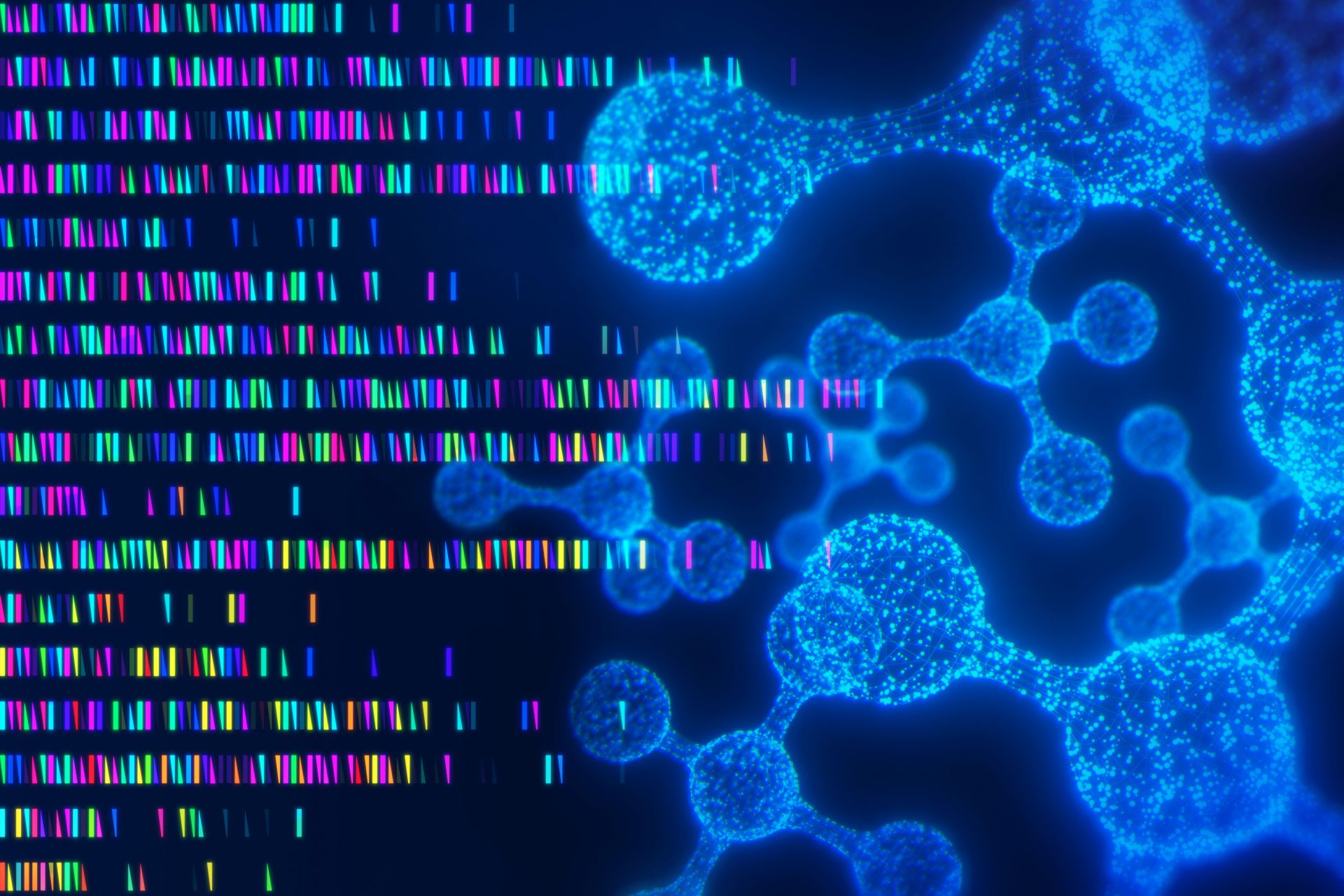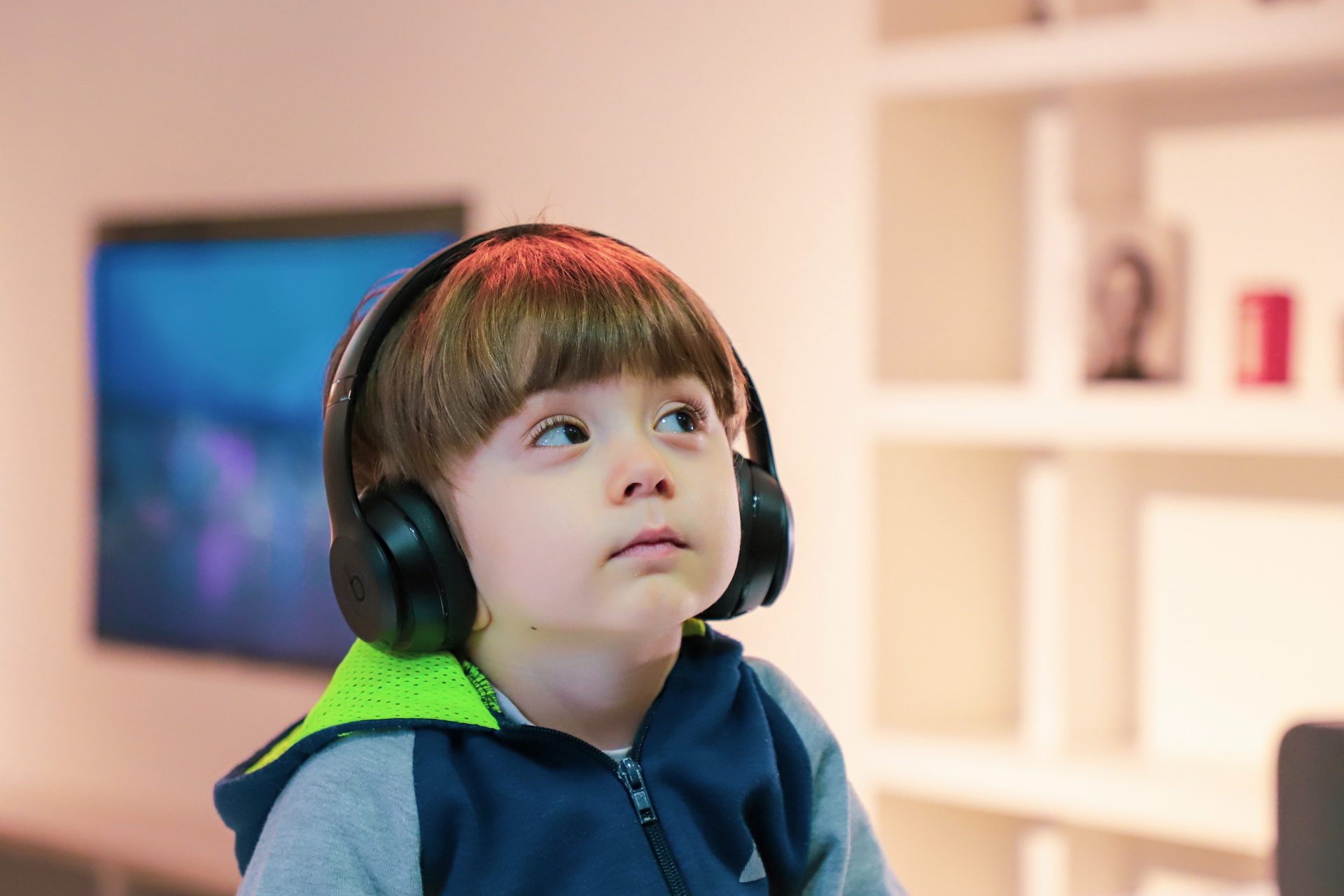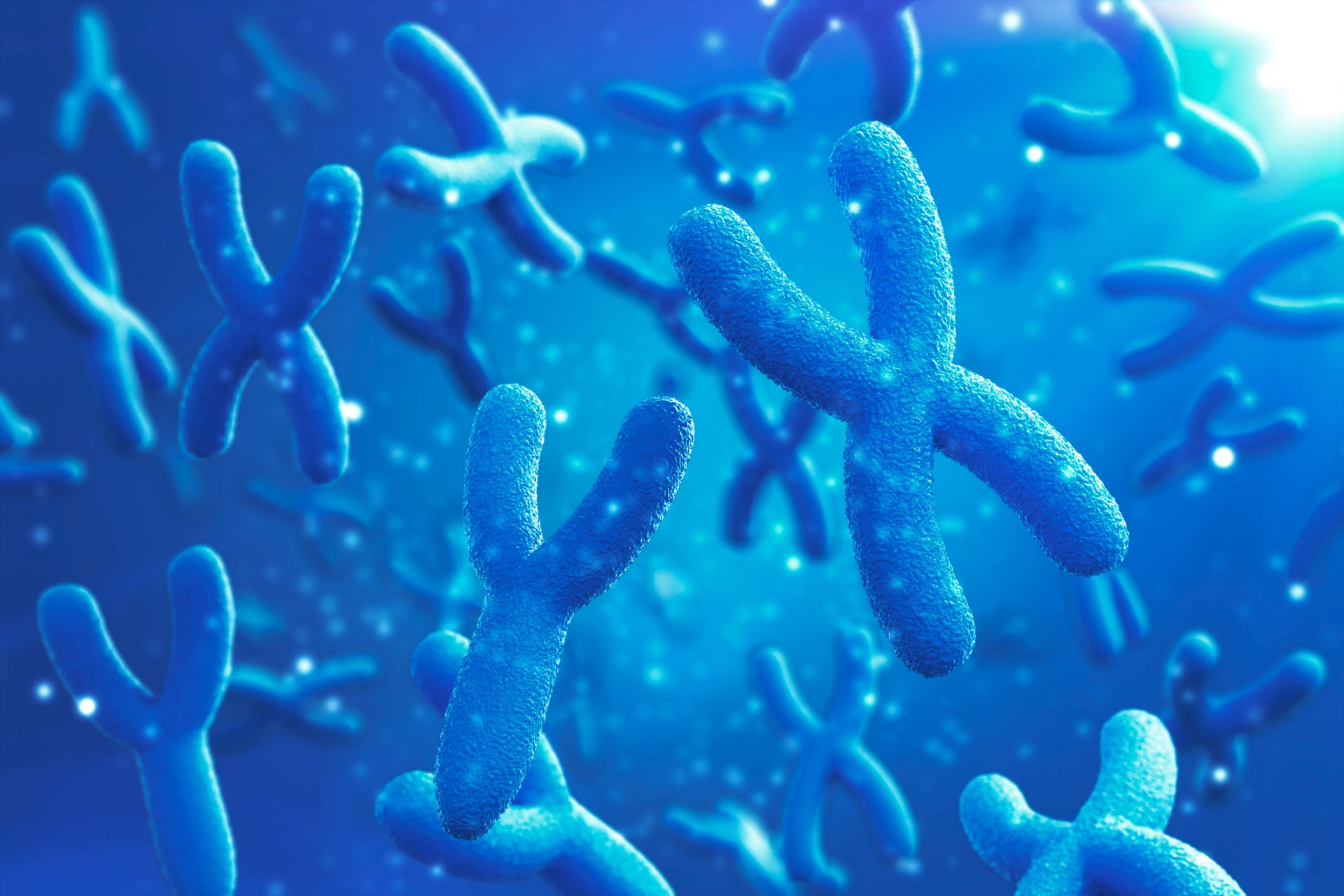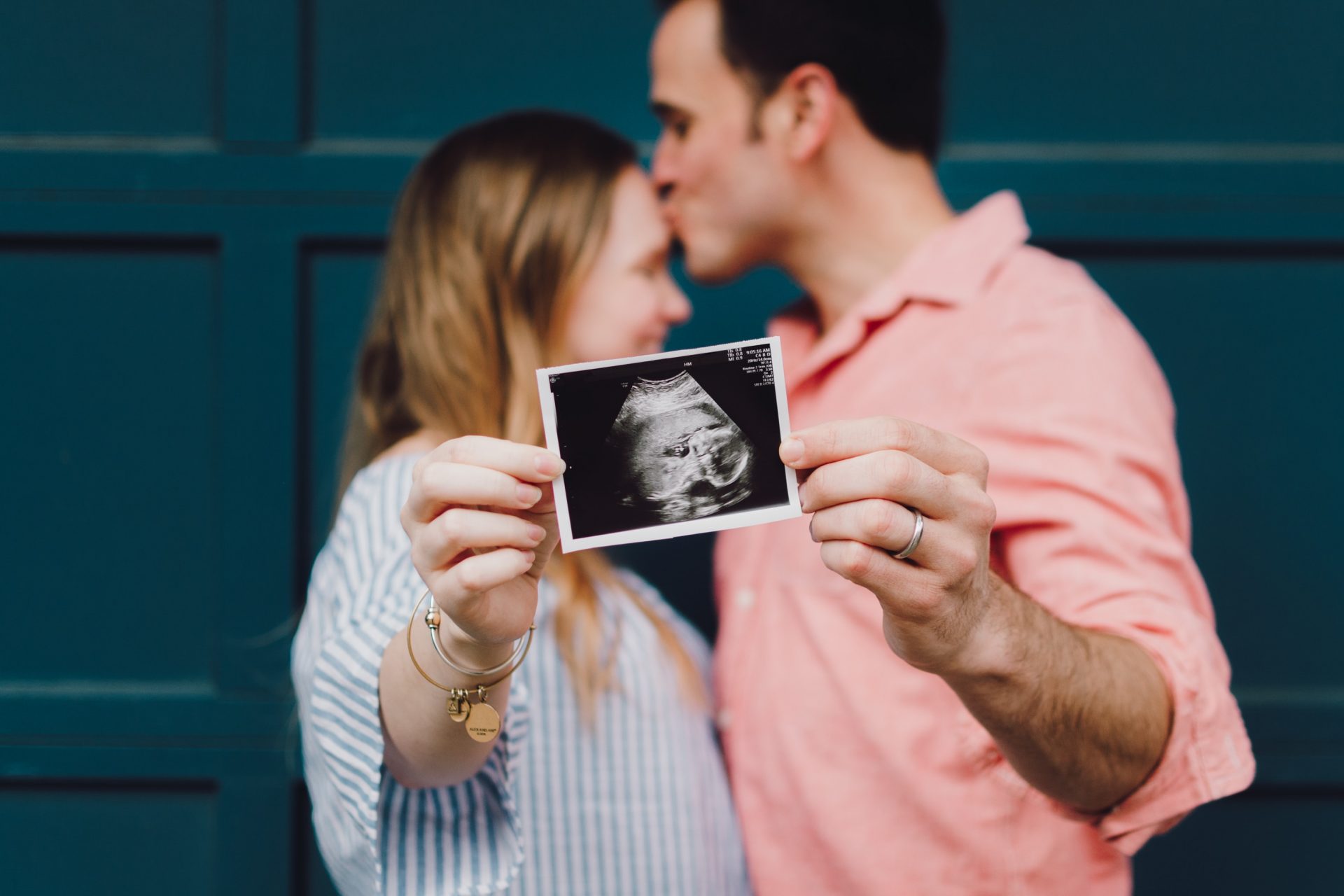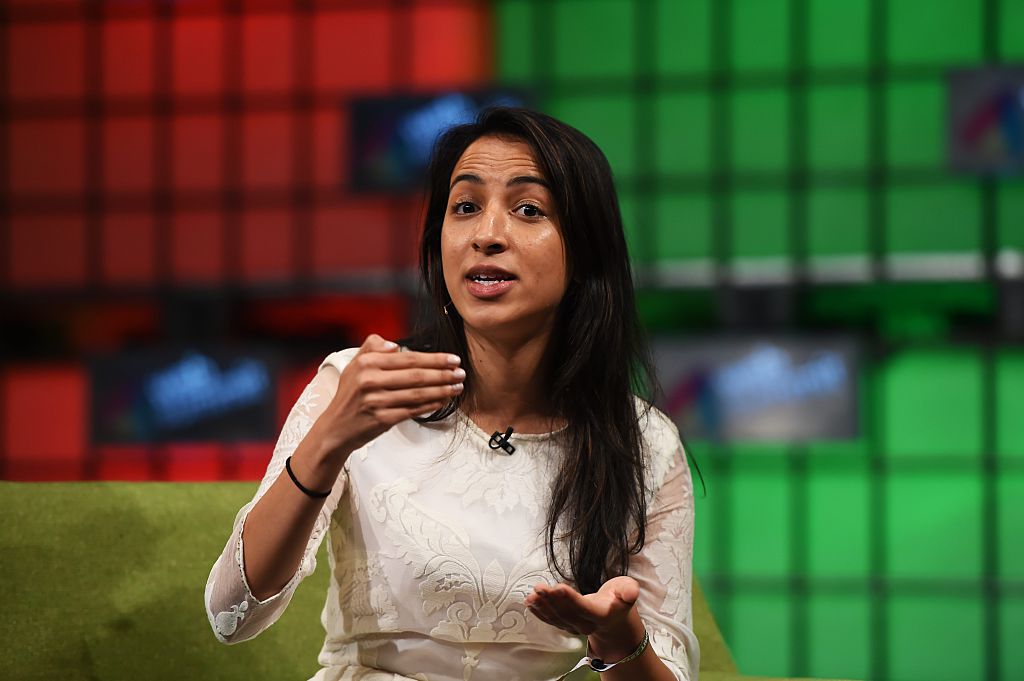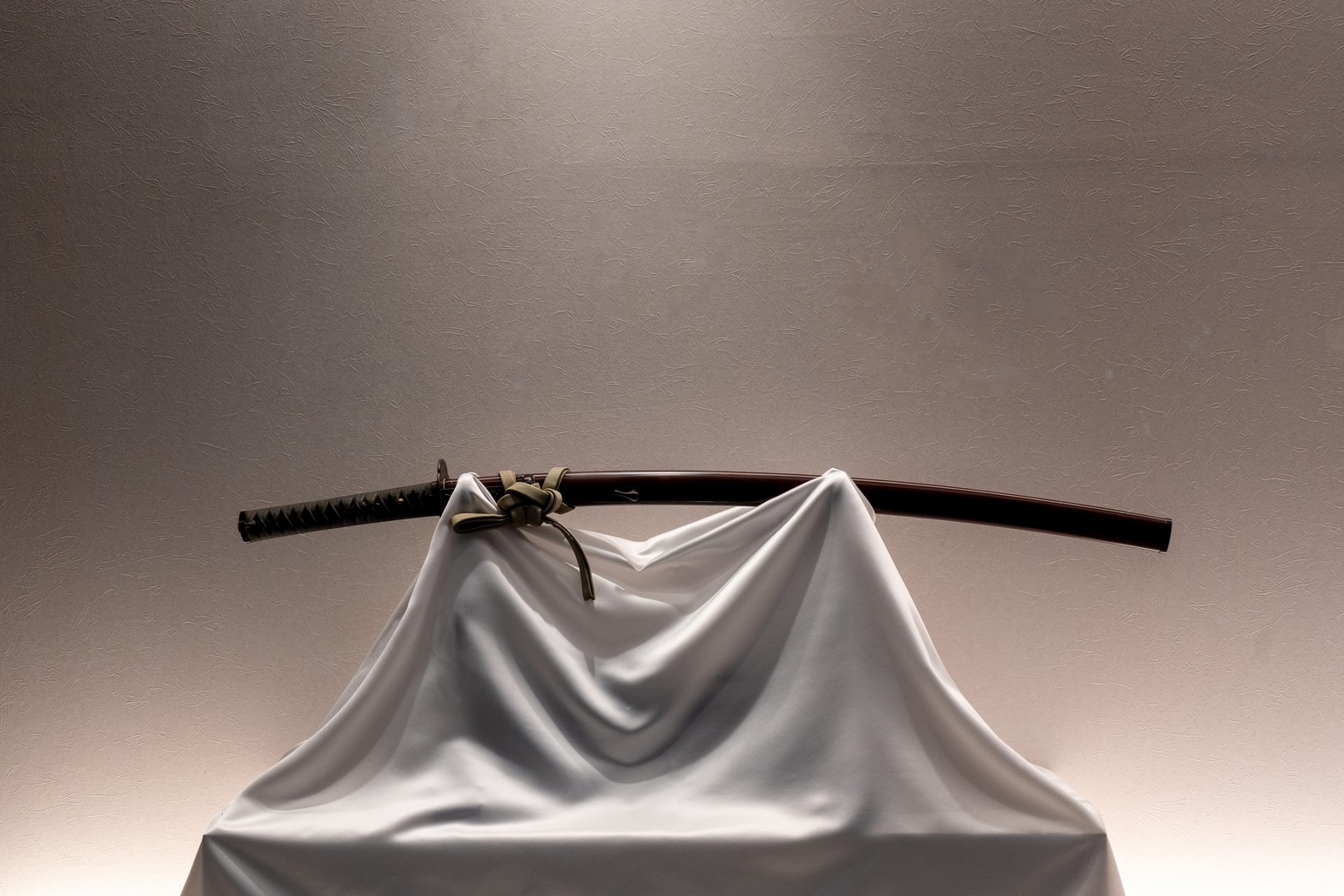Avoiding hereditary diseases
Have you ever wondered if one day hereditary diseases could be avoided? One company is trying to do that by scanning different embryos and helping couples decide which one is the healthiest so that it can be brought to life.
Screening for health risks
Once an IVF (In Vitro Fertilization) process is carried out, and two or more viable embryos are formed, the company, called Orchid, can then screen them for health risks and so the couple can pick the healthiest one to be transferred into a uterus.
Mitigating health problems
The company, launched in 2023, does this with the objective of mitigating the health risks that could affect a future baby, per their website.
The world’s most advanced genome screening
Orchid claims to have “the world’s most advanced whole genome screening for embryos”, which sequences over 99% of an embryo’s DNA, while other alternatives sequence less than 1%, according to the company.
Intellectual disabilities and autism
By using genome data, they can screen for possible neurodevelopmental disorders, such as, some intellectual disabilities and autism spectrum disorders.
Photo:Alireza Attari/Unsplash
Probability of some paediatric and adult cancers
Orchid’s screening can also detect the probability of developing some types of cancer, either pediatric or adult cancers, such as breast, prostate, pancreatic, and colorectal, among others.
Chromosomal abnormalities and general health
The screening also sees possible birth defects and chromosomal abnormalities, as well as heart problems and some general health issues like diabetes and celiac disease.
Future brain health
Moreover, it screens for brain health problems such as the possibility of developing Alzheimer’s, bipolar disorder or schizophrenia.
How much does an Orchid screening cost?
According to a CNBC article, Orchid’s genetic screening costs around $2,500 US dollars and it might come down when the company scales up its operations as they want it to be accesible, according to its founder and CEO Noor Siddiqui.
You have to add the cost of IVF
However, one has to consider the additional cost of IVF, which is around $12,000 US dollars, according to the Institute for Reproductive Health.
You can’t put a price to peace of mind
But the high price is worth it for a lot of hopeful couples and Orchid’s genetic screening means peace of mind for many, especially people who have a history of genetic health problems.
A couple’s testimony
Such is the case of Andy and Ella, a couple shown as Orchid costumers in the company’s website, who say that they screened their embryos for risk of hereditary cancer.
Kids that are more likely to be healthy
“Without screening, 25% of our children could have the disease, but now our kids are more likely to be healthy”, the couple are quoted saying.
Orchid’s CEO is screening her own embryos
Orchid’s CEO, Siddiqui (pictured), told Wired magazine recently that she has undergone IVF, even if she and her partner are perfectly fertile, but because they want to screen their embryos for future health risks.
Modern day eugenics?
The founder also told Wired that her company is seen in a negative light by many who relate the idea to eugenics, the practice of “breeding out” disease or undesirable physical characteristics, which earned a negative reputation due to Hitler’s views of a “superior race”.
Avoiding future suffering
Although what Orchid does is not technically genetic engineering, which can be considered modern eugenics, it remains controversial for some. However, there’s no denying it can help avoid future suffering due to genetic diseases, Orchid’s ultimate goal, according to its founder.






